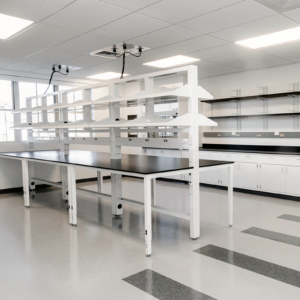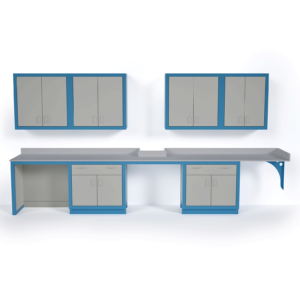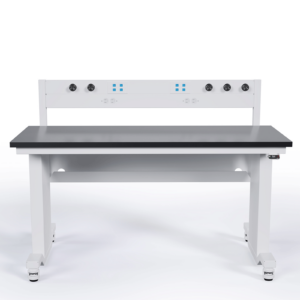Many Serious Diseases, such as Cancer, have gone Undetected and Untreated Since the Pandemic
One of the troubling legacies of the Covid pandemic is the growing backlog of preventive care, from in-person physician visits to routine screening tests for serious health conditions.
One way that healthcare systems could catch up on this backlog of undiagnosed diseases is by turning to a new generation of blood tests that can help reveal the presence of serious conditions, such as cancer.
If successful, these next-generation blood-based diagnostic tests, known in the industry as “liquid biopsies” could also help identify conditions that are hard to screen for using conventional technologies.

How are the new Diagnostic Blood Tests Different from those Once Promoted by the Discredited Company Theranos?
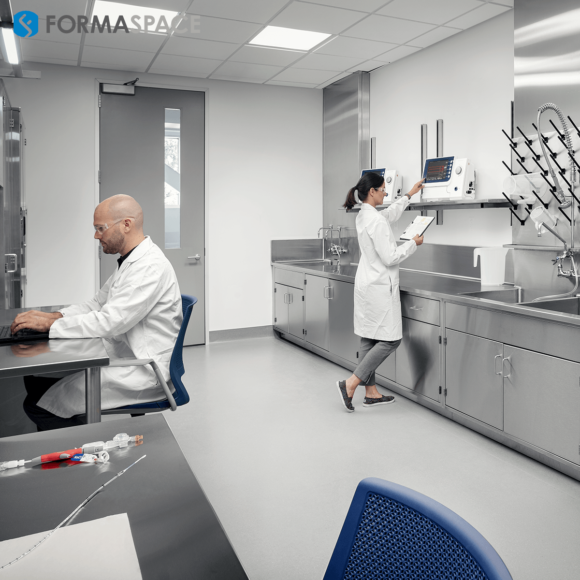
But wait a second, you might say… this sure sounds a lot like the clinical testing scheme once promoted by the now-discredited company Theranos which purported to test patients for numerous conditions using only a single drop of blood.
You are right.
As we’ve learned over the past year, the Theranos technology didn’t work (despite repeated claims by the company), and this ultimately led to Theranos founder Elizabeth Holmes being convicted of fraud (she was sentenced to 10+ years in jail.)
Despite Theranos muddying the waters, several new blood-based diagnostic tests are coming to market. As you might expect, they are receiving significant oversight from the FDA to avoid another debacle.
Unlike Theranos, these new systems focus on tightly defined diagnostic targets – and they require significantly larger blood sample sizes to run a “liquid biopsy.” Also, many of these tests don’t claim 100% accuracy; some claim to only identify undetectable diseases correctly around 50% of the time. While that number seems low, it does provide a significant diagnostic benefit and will hopefully increase over time.
Early Detection and Treatment Lead to Significantly Better Outcomes, But Clinicians Can Typically Only Screen for a Few Types of Cancer
Early detection and treatment are the number one way to increase the survivability of diseases such as cancer.
Despite this, primary care physicians lack practical or cost-effective screening tools to identify early-stage cancer cancer in many organs, including the kidneys, pancreas, lungs, colon, and the uterus/ovaries.
Even more expensive tests, such as MRIs and CT scans, often find it difficult to identify early-stage cancers within soft tissues.
How Do these New Blood Tests Detect the Presence of Cancer Cells in the Body?
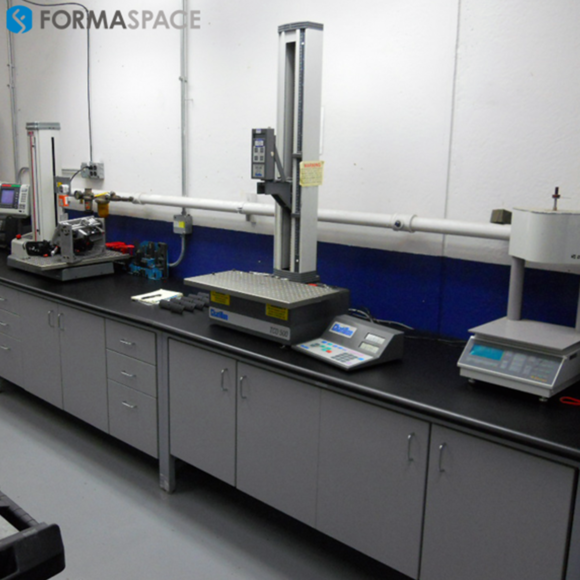
So what is the underlying technology powering these new “liquid biopsy” clinical tests?
In the case of cancer diagnoses, some tests rely on identifying and analyzing the presence of DNA fragments – known as cfDNA (cell-free plasma DNA) – to identify any samples showing signs of circulating tumor DNA (ctDNA) indicative of the presence of cancer. This approach has its challenges, however, as cancerous tumors produce less cfDNA than noncancerous cells.
Another approach, taken by Illumina’s spinoff company Grail, uses very intensive machine learning methods to scan DNA sequences repeatedly (as much as 50,000 times) to identify any low-frequency mutations that could indicate the presence of cancers, such as non-small-cell lung cancer (NSCLC).
We’d also like to clear up some potential confusion. There are several FDA-approved blood-based diagnostic tests used by oncologists to evaluate whether an existing cancer is in remission or not – however, unlike these follow-up tests, the next-generation liquid biopsy tests seek to make an initial disease diagnosis from scratch.
Next-Generation Liquid Biopsy Test Expected to Enter Widespread Use in 2023
Grail’s test is expected to be one of the first of these next-generation liquid biopsy tests to hit the market.
But first, who is Grail?
It’s a little complicated.
Years ago, the clinical testing company Illumina spun off Grail as an independent startup entity, which attracted funding from Jeff Bezos and Bill Gates. Once its technology started to look promising (and lucrative), however, Illumina became desperate to buy Grail back – to the tune of over $7 billion. The FTC dismissed an anti-trust action blocking the deal in October 2022, clearing the path for the re-acquisition. However, EU regulators might still block the merger; their final decision is expected in late 2023.
Ownership issues aside, Grail has plans to bring its $949 liquid biopsy test to the market under the brand name Galleri, hoping for sales figures that reach 50,000,000 patients.
The new test will look for signs of cancer in dozens of sites throughout the body, including the ovaries, pancreas, and lungs.
The FDA is expected to extend full approval of the Grail’s Galleri test sometime in 2023.
If and when FDA approval is granted, insurance companies will have to evaluate whether they will offer reimbursement for the test, which may only identify cancers only 44.6% of the time.
Meanwhile, Grail is not standing still. They have lined up Quest Diagnostics (a Formaspace client) to offer their test through Quest’s more than 2,000 testing locations as well as through their network of visiting phlebotomists offering it-home visits.
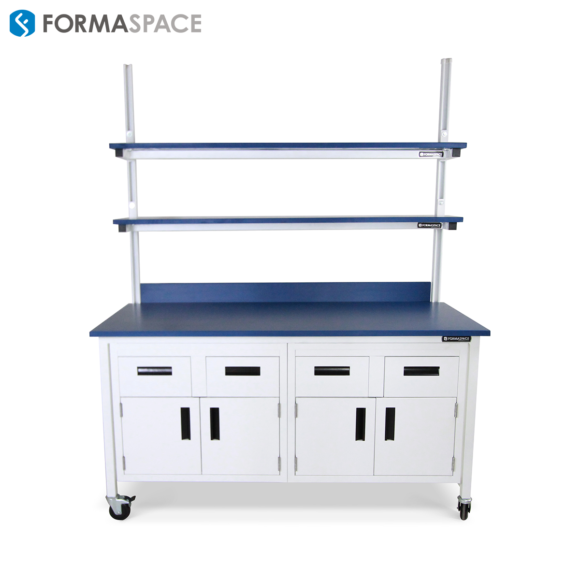
Other companies are vying to succeed in what promises to be a lucrative market for liquid biopsies.
· Exact Science’s Acquisition of Thrive Earlier Detection Corp.
In 2020, Exact Sciences acquired Thrive Earlier Detection Corp. (a startup developing a liquid biopsy system to rival Grail’s Galleri test) for $2.2 billion. This is Exact Sciences’ second big acquisition in this space. In 2019, it acquired Genomic Health for $2.8 billion. Exact Science is banking on Thrive’s CancerSEEK liquid biopsy test, developed in partnership with Johns Hopkins University, to catch up with arch-rival Grail in what it is calling the new Multi-cancer Early Detection (MCED) market.
· Foundation Medicine’s FoundationOne Liquid CDx
Foundation Medicine was acquired by Roche (a Formaspace client) in 2015 for $2.5 billion. According to the company, their FoundationOne Liquid CDx blood test can analyze over 300 genes and report back the presence of unusual blood tumor mutational burdens (bTMB), microsatellite instability-high (MSI-H), or tumor fraction values which could indicate the presence of cancer.
2023 Will Be an Exciting Year in Laboratory Science
When it comes to laboratory science, Formaspace is always looking ahead.
As this year comes to a close, we are looking forward to the discoveries ahead in 2023.
Remember, when it comes to new laboratory designs or renovations, if you can imagine it, we can build it for you – at our factory headquarters in Austin, Texas.
Find out more. Contact your Formaspace Design Consultant today.





